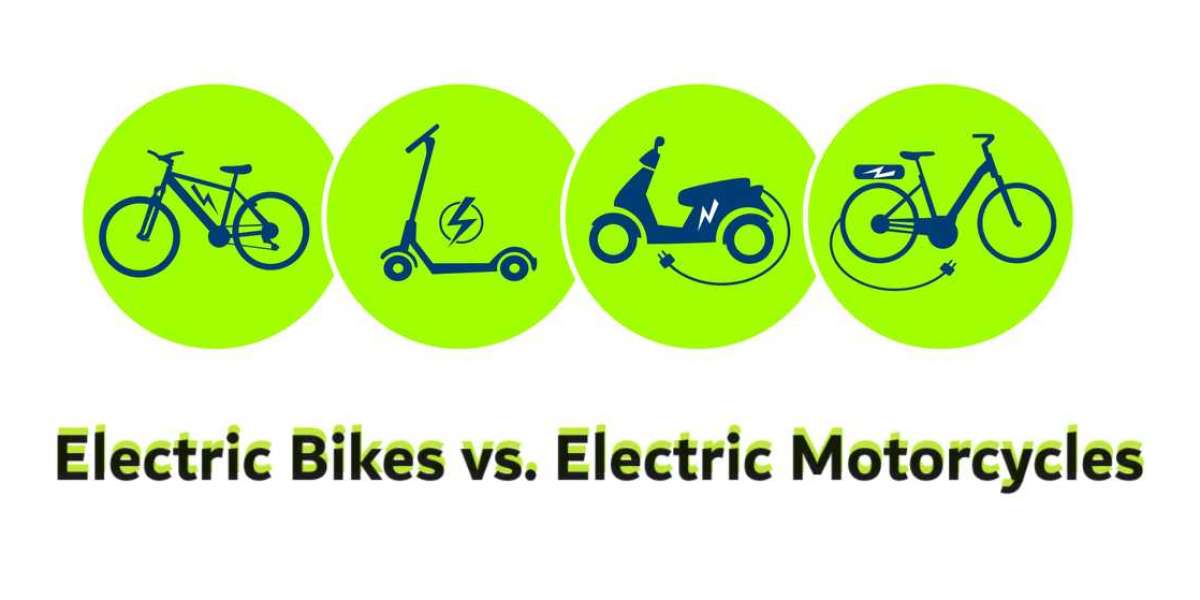As people age, many start thinking about how to maintain their independence and quality of life while navigating the challenges of getting older. One of the most significant concerns for older adults is the financial burden of homeownership. After years of working and saving, many individuals find themselves with limited income in retirement, while their home remains their most valuable asset. In such cases, a reverse mortgage can provide a financial solution to help homeowners age in place comfortably.
In this article, we will explore what a reverse mortgage is, how it works, its potential benefits, and how it can help homeowners age in place with greater peace of mind.
What is a Reverse Mortgage?
A reverse mortgage is a financial product designed to help homeowners aged 62 or older tap into the equity in their homes to access additional funds. Unlike a traditional mortgage, where the homeowner makes monthly payments to the lender, a reverse mortgage allows the homeowner to receive payments from the lender. The loan is repaid when the homeowner sells the home, moves out, or passes away.
The key feature of a reverse mortgage is that the homeowner does not need to make monthly payments toward the loan. Instead, the loan balance increases over time as interest and fees accumulate. When the homeowner no longer lives in the home, the loan must be repaid. Typically, the home is sold to pay off the debt, and any remaining equity goes to the homeowner or their heirs.
There are several types of reverse mortgages, including:
- Home Equity Conversion Mortgages (HECMs): These are the most common type of reverse mortgage and are federally insured by the U.S. Department of Housing and Urban Development (HUD).
- Proprietary Reverse Mortgages: These are private loans offered by individual lenders and may offer larger loan amounts for higher-value homes.
- Single-Purpose Reverse Mortgages: These are offered by some state or local government agencies and nonprofit organizations for specific purposes, such as home repairs or paying property taxes.
How Does a Reverse Mortgage Work?
A reverse mortgage works by converting the homeowner's home equity into loan proceeds that can be used for various purposes. The homeowner is not required to make monthly payments, which can be a significant relief for those on a fixed income. Instead, the loan balance grows over time as the homeowner continues to live in the home.
To qualify for a reverse mortgage, homeowners must meet the following criteria:
- Age: The homeowner must be at least 62 years old.
- Homeownership: The homeowner must own the home outright or have a significant amount of equity in the property.
- Primary Residence: The home must be the homeowner's primary residence.
- Ability to Maintain the Home: The homeowner must be able to continue to maintain the home and cover property taxes, homeowner's insurance, and maintenance costs.
Once approved for a reverse mortgage, the homeowner can choose how to receive the loan proceeds. There are several options:
- Lump-Sum Payment: A one-time, lump-sum payment that can be used as needed.
- Monthly Payments: A monthly payout to provide ongoing income.
- Line of Credit: A flexible option that allows homeowners to borrow as needed, similar to a credit card.
Benefits of a Reverse Mortgage
- Supplementing Retirement Income For many retirees, Social Security and pension payments may not be enough to cover living expenses. A reverse mortgage can help supplement income, allowing homeowners to remain financially independent and continue to live in their home without worrying about making monthly mortgage payments.
- No Monthly Payments Unlike a traditional mortgage, a reverse mortgage does not require monthly payments. This can be especially beneficial for seniors on a fixed income who may have difficulty keeping up with monthly bills. The loan balance is repaid when the homeowner moves out, sells the home, or passes away.
- Aging in Place One of the biggest advantages of a reverse mortgage is that it allows homeowners to age in place. Many seniors prefer to stay in their homes as they age, as it provides familiarity and comfort. By tapping into their home equity, homeowners can access funds for home repairs, medical expenses, or other needs, making it easier to stay in their homes for as long as possible.
- Access to Home Equity Without Selling A reverse mortgage allows homeowners to access the equity in their home without having to sell the property. This can be particularly beneficial for seniors who want to stay in their homes but are worried about running out of funds. The reverse mortgage provides a way to unlock the value of their home without having to move out.
- Flexible Payment Options Reverse mortgages offer flexibility in how the funds are received. Homeowners can choose from a lump-sum payment, monthly payments, or a line of credit, depending on their financial needs. This flexibility can make it easier for seniors to manage their finances and ensure that they have enough money for daily living expenses, healthcare, and other needs.
How a Reverse Mortgage Can Help Homeowners Age in Place
A reverse mortgage can be a powerful tool for homeowners who want to age in place. By providing access to home equity without the need for monthly mortgage payments, a reverse mortgage can help alleviate the financial strain that many seniors face in retirement.
One of the main challenges seniors face is the rising cost of healthcare and home maintenance. Many older adults need to make modifications to their homes to accommodate mobility issues, such as installing ramps, widening doorways, or adding grab bars in bathrooms. These modifications can be expensive, but a reverse mortgage can provide the funds necessary to make these changes without the need to sell the home.
Additionally, a reverse mortgage can help seniors cover the cost of long-term care services, such as in-home care or assisted living, should they need it in the future. Many seniors prefer to remain in their homes and receive care in a familiar environment, and a reverse mortgage can help finance these services.
Statistics on Reverse Mortgages and Aging in Place
- According to the National Council on Aging, nearly 90% of older adults want to remain in their homes for as long as possible. A reverse mortgage can provide the financial support needed to make this a reality. Source
- The American Association of Retired Persons (AARP) reports that one in three Americans aged 65 and older are unable to cover the cost of basic living expenses. A reverse mortgage can help fill this gap by providing additional income. Considerations Before Getting a Reverse Mortgage
While a reverse mortgage can offer many benefits, it is important to consider the potential downsides as well. Before deciding whether a reverse mortgage is right for you, it is essential to weigh the pros and cons and carefully review the terms of the loan.
- Accruing Debt: Since no monthly payments are required, the loan balance will grow over time. This means that the homeowner will owe more than the original loan amount when the loan comes due. If the home is sold to repay the loan, there may be little or no equity left for the homeowner or their heirs.
- Impact on Heirs: If the homeowner passes away, the reverse mortgage must be repaid, typically by selling the home. This may reduce the inheritance that the homeowner's heirs receive.
- Costs and Fees: Reverse mortgages can have high fees, including origination fees, closing costs, and insurance premiums. It is essential to carefully review the terms and understand the costs involved.
Conclusion
A reverse mortgage can be a valuable tool for homeowners who wish to age in place. By allowing homeowners to access the equity in their homes without making monthly payments, a reverse mortgage can provide the financial flexibility needed to stay in their homes and maintain a comfortable lifestyle in retirement.
While there are costs and risks associated with reverse mortgages, for many seniors, the benefits outweigh the drawbacks. By considering all options and working with a trusted financial advisor, homeowners can determine if a reverse mortgage is the right choice for their financial future. Ultimately, reverse mortgages can help provide financial security and peace of mind as seniors navigate the challenges of aging.



